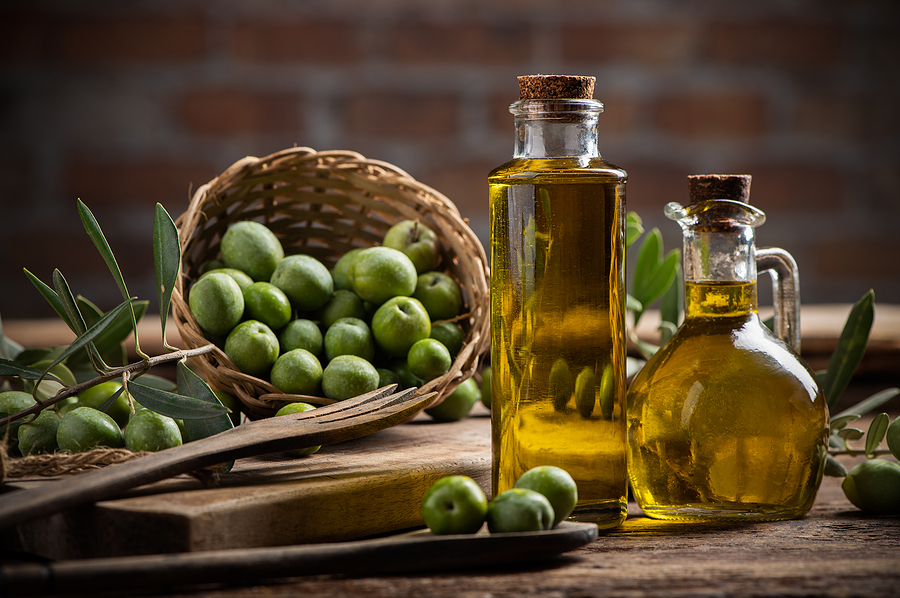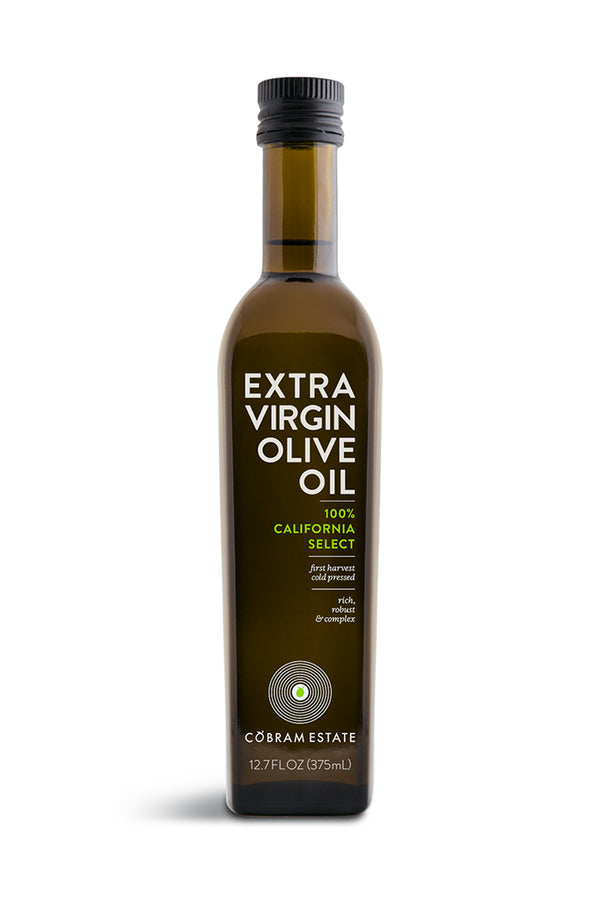Surprising Extra Virgin Olive Oil Benefits You Need to Know
Surprising Extra Virgin Olive Oil Benefits You Need to Know
Blog Article
Checking Out the Different Kinds of Olive Oil and Their Usages, Including Extra Virgin Olive Oil
The exploration of olive oil incorporates a varied variety of types, each offering cooking applications and distinct flavors. Additional virgin olive oil, renowned for its superior quality and health and wellness advantages, serves as a staple in numerous cooking areas, yet it is just one facet of this diverse active ingredient.
What Is Olive Oil?
Obtained from the fruit of the olive tree, olive oil is a staple in Mediterranean food and a vital ingredient in various culinary applications. This flexible oil is generated by pressing whole olives, leading to a fluid that differs in shade, taste, and scent relying on the sort of olives used, the region of cultivation, and the extraction process. Olive oil is primarily made up of monounsaturated fats, specifically oleic acid, which is known for its potential health benefits, including anti-inflammatory homes and cardiovascular assistance.
Along with its culinary uses, olive oil has a long history of application in traditional medicine and skincare, owing to its abundant antioxidant content (extra virgin olive oil benefits). The oil is usually made use of in dressings, sauces, and for cooking approaches such as sautéing and roasting. Its distinct flavor profile can improve the preference of different meals, making it a crucial active ingredient for both home cooks and professional cooks
In addition, olive oil is commemorated for its function in the Mediterranean diet, which is linked with many health and wellness benefits. As awareness of these benefits grows, olive oil remains to obtain popularity worldwide as a basic part of a healthy lifestyle.
Sorts Of Olive Oil
Recognizing the different kinds of olive oil is necessary for both health-conscious customers and culinary fanatics. Olive oil is categorized primarily based upon its extraction technique and quality, which substantially impacts its wellness, scent, and flavor benefits.

Light olive oil, regardless of its name, refers to a lighter taste and not reduced calories. It is excellent for those seeking a more subtle preference in marinates and dressings. Additionally, there are flavored olive oils infused with natural herbs, flavors, or citrus, which can enhance recipes without the demand for added spices.
Each type of olive oil serves details cooking purposes, and recognizing these distinctions allows consumers to make enlightened selections that straighten with their cooking designs and health and wellness goals.
Additional Virgin Olive Oil
Extra virgin olive oil (EVOO) is extensively considered the best quality olive oil readily available, well known for its abundant flavor and countless health advantages. To be identified as extra virgin, the oil must be created Check This Out from fresh olives using mechanical procedures, without the usage of solvents or too much warm. This precise method protects the oil's natural flavors, anti-oxidants, and healthy and balanced fats, causing a product with a reduced acidity level of less than 0.8%.
EVOO is bountiful in monounsaturated fats, particularly oleic acid, which is linked to minimized swelling and boosted heart wellness. It likewise includes polyphenols, powerful anti-oxidants that may use safety results versus persistent conditions. The flavor profile of EVOO can differ dramatically depending on the olive selection and region of manufacturing, varying from fruity and grassy to durable and sharp.

Culinary Use Olive Oil

In food preparation, olive oil can be utilized for sautéing, toasting, and barbecuing, offering a healthier option to butter or other fats. Its high smoke point makes it ideal for numerous cooking techniques, while its anti-oxidants add to a heart-healthy diet. Drizzling olive oil over ended up recipes, such as pasta, fish, or barbequed vegetables, can boost tastes and add a touch of sophistication.
In addition, olive oil plays a substantial function in baking, where it can change standard fats in recipes for bread and breads, giving dampness and a refined taste. It additionally works as a base for infused oils, allowing cooks to try out tastes such as garlic, natural herbs, or chili, additionally increasing its culinary possibility. Generally, olive oil's flexibility makes it essential in both home and specialist kitchen areas.
Choosing Top Quality Olive Oil
When picking high quality olive oil, it's important to take into consideration a number of key aspects that influence the item's wellness, flavor, and aroma advantages. Primarily, go with added virgin olive oil (EVOO), which is stemmed from the initial chilly pushing of olives and contains the highest degree of antioxidants and helpful compounds. Search for oils that are accredited by acknowledged companies, as this often makes sure adherence to rigorous top quality standards.
The packaging likewise plays a substantial duty in preserving the oil's integrity. Choose oils stored navigate to this site in dark glass containers or tins to safeguard versus light degradation. Focus on the harvest day; fresher oils use remarkable taste and nutritional value, so look at here select products that are within 18 months of their harvest.
Be mindful of the preference; a great high quality olive oil should have an equilibrium of fruity, bitter, and sharp notes, indicating its splendor and complexity. By assessing these factors, you can guarantee you are selecting the best olive oil for your cooking requirements.
Verdict
In summary, the expedition of various kinds of olive oil reveals unique qualities and applications, with extra virgin olive oil representing the peak of quality due to its reduced level of acidity and high antioxidant content. Recognizing the different ranges of olive oil permits for informed selections in cooking techniques, advertising much healthier practices while enhancing the total gastronomic experience.
Derived from the fruit of the olive tree, olive oil is a staple in Mediterranean food and a vital active ingredient in various culinary applications.The most usual kinds of olive oil include fine-tuned olive oil, pure olive oil, and light olive oil.Bonus virgin olive oil (EVOO) is extensively regarded as the greatest quality olive oil offered, renowned for its rich flavor and various wellness benefits. Decide for extra virgin olive oil (EVOO), which is obtained from the very first cool pushing of olives and contains the highest levels of antioxidants and valuable substances.In recap, the exploration of various kinds of olive oil reveals unique attributes and applications, with additional virgin olive oil standing for the peak of top quality due to its low acidity and high antioxidant material.
Report this page